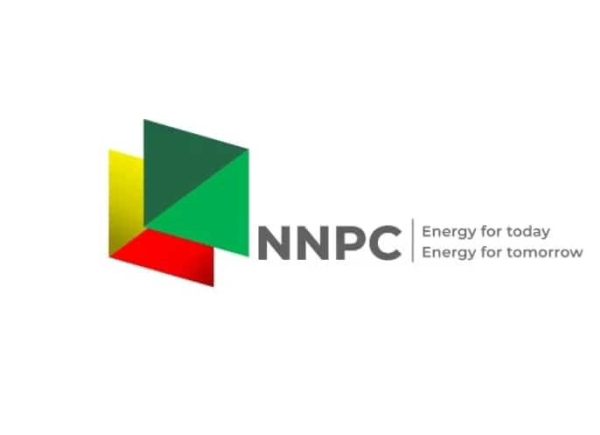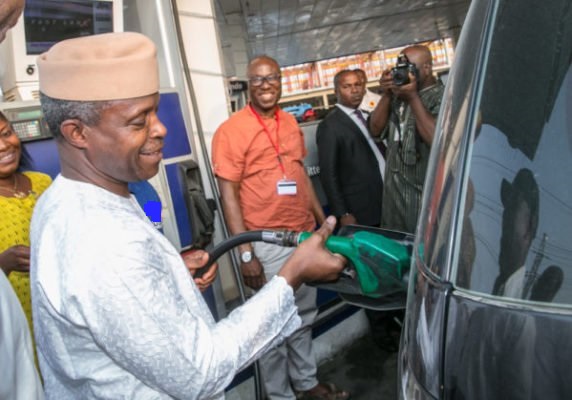“For the 22 million tonnes of carbon dioxide that we emit as a country, we lose approximately $500m emission credit value. If harnessed, we could power two to three liquefied natural gas trains and if used for power, we could generate around 3,000 megawatts of electricity.”
This was the revelation of the Programme Manager, Nigerian Gas Flare Commercialisation Programme (NGFCP) under the Federal Ministry of Petroleum Resources, Mr. Justice Derefaka in an interview.
He said aside apart from the above merits, “The gas could be put to good use and potentially displace other fuels such as coal and diesel that generate higher emissions per energy unit”.
Explaining more, Derefaka averred that “Consistent with Nigeria’s commitments to the reduction of greenhouse gas under the Paris Climate Change Agreement, the gas commercialisation programme will reduce Nigeria’s carbon dioxide emissions by approximately 13 million tonnes per year, which could be monetised under an emission credits or carbon sale programme”.
He recalled that “Nigeria submitted its first nationally-determined contributions, which included gas flaring reduction as a mitigation measure to combat global warming while committing to a national flare-out target by year 2020. We designed the Nigerian Gas Flare Commercialisation Programme as an important climate change action plan for the nation”.
“It should be pointed out that the NGFCP is the first market-driven programme undertaken on this scale globally, which means bidders will have flexibility of choosing which flare sites to bid for, the gas price, and the end market or gas product as well as the technology to be used.
According to him, “The NGFCP will play an important role in meeting this energy challenge by harnessing Nigeria’s flare gas for sustainable value and wealth creation.
“Nigeria has the ninth largest gas reserves in the world, with proven reserves of 199 trillion cubic feet. However, a significant volume of associated gas is currently being flared. Gas flaring is a tremendous waste of scarce natural resource and fuel. It also contributes to climate change.
He said “In 2017, Nigeria ranked seventh place in the league of gas flaring nations with approximately 888 million standard cubic feet per day from over 178 flare sites out of the more than 16,000 flare sites in 90 countries globally. Lost revenue from the flared associated gas is approximately $1bn.
Recent efforts by the Federal Government to end gas flaring by 2020 show strong policy approach and political will to harness these gas resources. In addition to the ratification of the Paris Climate Change Agreement, the Federal Government has also endorsed the World Bank’s Zero Routine Flaring by 2030 Initiative and established the NGFCP.
So, the gas commercialisation programme seeks to provide a framework to eliminate gas flaring through technically and commercially sustainable gas utilisation projects developed by competent third-party investors who are being invited to participate in a competitive and transparent bid process.









